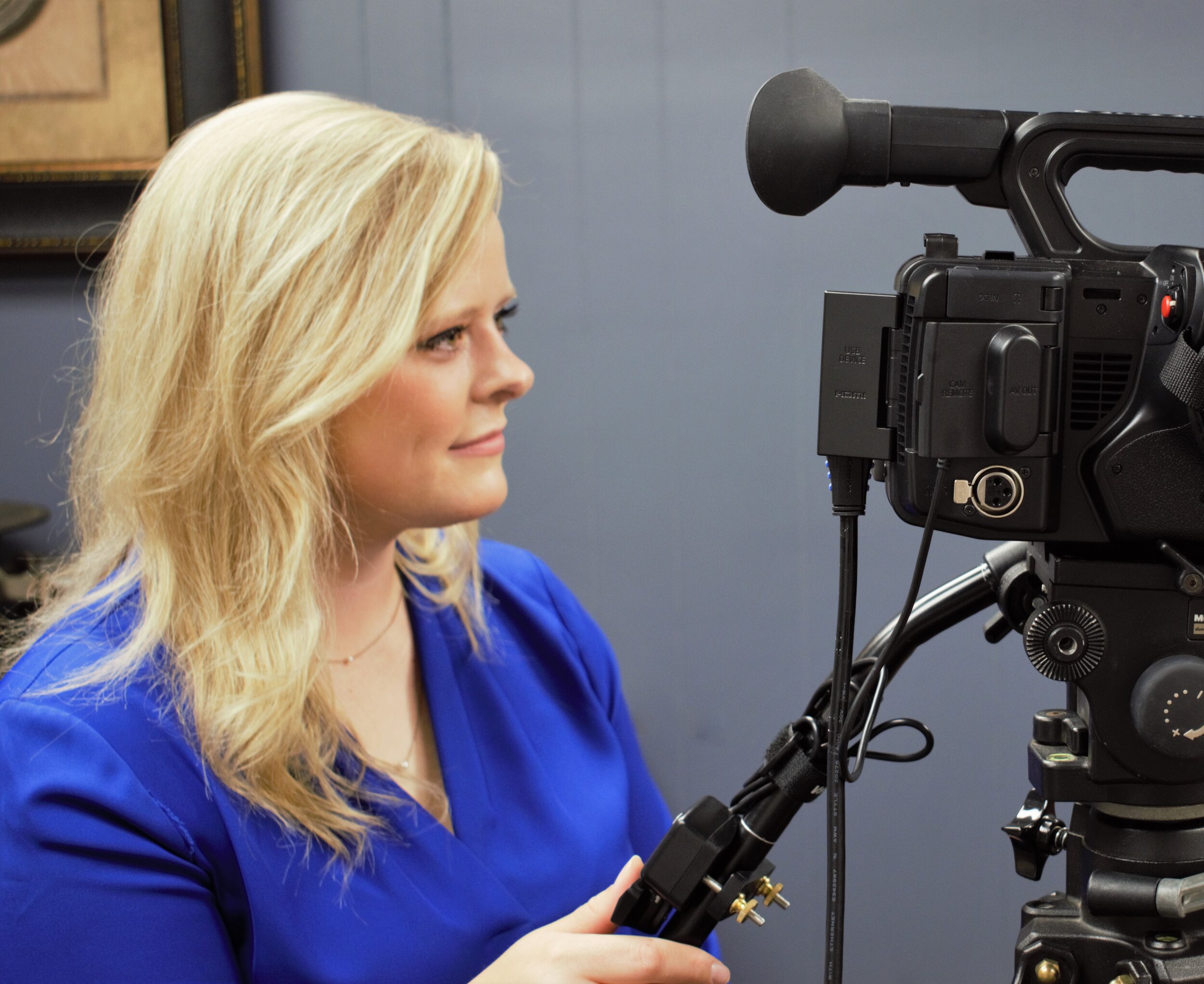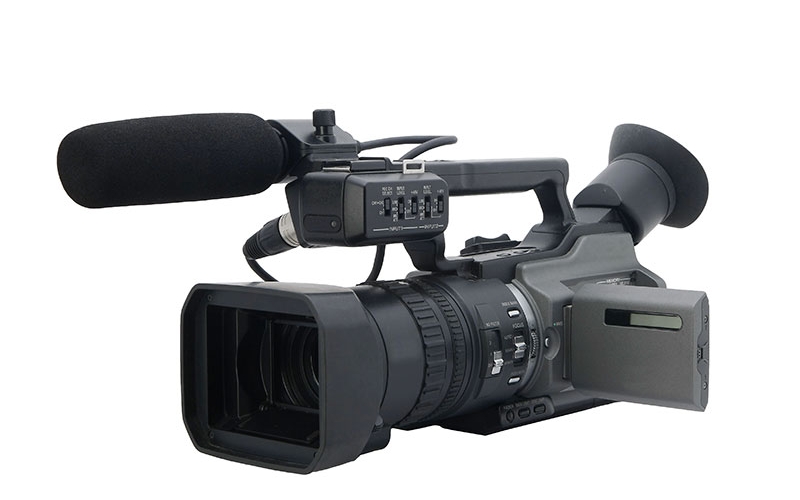Exploring the Vitality of Lawful Videography: a Comprehensive Understanding Into Its Functionality in Preserving Accurate Visual Records for Legal Cases
Legal videography stands as a critical component in the world of lawful proceedings, functioning as a quiet yet effective viewer in the search of justice. The utilization of video innovation in documenting lawful situations exceeds plain record-keeping; it encapsulates the very significance of events, feelings, and testaments that unfold within courtrooms. By diligently catching aesthetic evidence, lawful videography not just preserves the precision of these moments yet likewise provides a deeper understanding of the intricacies entailed. As we look into the capability and relevance of legal videography in the context of lawful situations, a profound realization dawns upon the vital duty it plays fit the course of justice.
Importance of Lawful Videography
Highlighting the pivotal function of lawful videography in modern legal process, its significance lies in its capacity to supply irrefutable aesthetic evidence that boosts the presentation of facts and testaments. By capturing online occasions, depositions, and witness statements in a video format, legal videography makes sure that every nuance, detail, and expression is properly preserved for later review. This visual paperwork functions as an effective device in court rooms, permitting judges and jurors to better understand the context of a situation and make notified decisions based on today proof.
Moreover, lawful videography adds to enhanced transparency and liability in the lawful system. In essence, the significance of lawful videography exists in its ability to promote the integrity of the lawful process by catching and preserving exact visual documents that sustain the pursuit of justice.
Capability in Legal Documents
Legal videography's duty in contemporary lawful procedures extends past providing aesthetic evidence; its performance in legal paperwork is vital for precisely protecting the details of testaments and events. With the meticulous recording of depositions, court proceedings, witness statements, and crime scene investigations, lawful videography ensures an unfiltered account of occasions that can be revisited and examined throughout the legal procedure. This accurate paperwork works as a vital source for juries, legal representatives, and judges to reference details moments, body movement, faces, and nuances that might not be totally captured in written records alone.
Moreover, legal videography plays an essential duty in keeping the integrity of legal proceedings by minimizing the threat of misconception or adjustment of details. The visual records caught with lawful videography give an objective depiction of the facts offered during an instance, providing a extensive and trusted source of evidence that can considerably impact the result of legal disputes (Legal Videography). Essentially, the functionality of lawful videography in legal paperwork serves as a cornerstone in upholding transparency, precision, and justness within the legal system
Significance in Visual Evidence Conservation
Preserving aesthetic evidence through thorough recording methods is a crucial facet of legal videography. By properly documenting these visuals, lawful videographers play a critical function in ensuring the stability and credibility of evidence offered in court.
Visual evidence conservation also assists in stopping misunderstandings or misinterpretations that can emerge from written or spoken testaments. The ability to see and listen to events as they took place can substantially impact the end result of an instance. Furthermore, aesthetic proof can act as a powerful device for both the prosecution and protection in presenting their disagreements persuasively.
Function in Ensuring Justice
In the search of simply lawful and reasonable outcomes, the role of legal videography is indispensable. Legal videography plays a critical role in making sure justice by giving accurate and Clicking Here impartial aesthetic proof that can dramatically impact the outcome of legal instances. Unlike created documents or testimonies, video recordings capture the nuances of body language, faces, and tone of voice, providing a detailed depiction of occasions as they unfold. This visual evidence is especially important in courtrooms, where it can help prove or test witness testaments, reinforce debates, and inevitably add to the establishment of truth and fairness.
Moreover, legal videography functions as a method of preserving turning points and details that may be missed out on or misinterpreted in created records (Legal Videography). By documenting scenes, activities, and interactions in real-time, lawful videography assists prevent misstatements and guarantees that all parties included have access to the very same information, advertising transparency and liability in the legal procedure. Eventually, the use of lawful videography not only boosts the effectiveness of legal process but additionally maintains the principles of justice and equity in the lawful system
Crucial Tool for Legal Instances

Verdict
Finally, lawful videography plays a crucial duty in protecting accurate aesthetic documents for legal instances. Its value hinges on its functionality in lawful paperwork, significance in aesthetic proof preservation, and duty in making sure justice. As an essential tool for legal situations, legal videography serves as a beneficial source for presenting aesthetic proof and contributing to the general integrity of the lawful process.
Lawful videography's function in modern-day legal process expands past offering aesthetic evidence; its capability in legal paperwork is essential for properly preserving the information of events and statements. In significance, the functionality of lawful videography in legal documentation offers as a cornerstone in promoting transparency, precision, and fairness within the legal system.
Inevitably, the use of legal videography not only improves the performance of legal procedures yet also maintains the principles of justice and equity in the lawful system.

As an important tool for lawful situations, legal videography serves as a beneficial resource for presenting aesthetic evidence and adding to the overall stability of the lawful procedure.